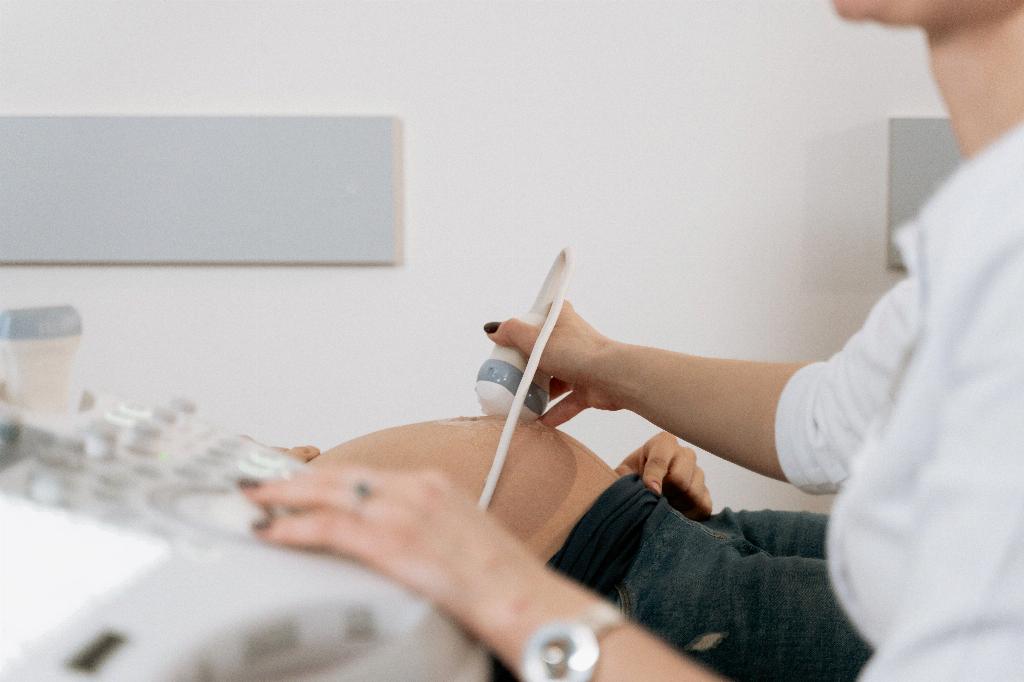When you’re pregnant, experiencing a stomach bug can be quite unpleasant. The symptoms of a stomach virus, such as nausea, vomiting, diarrhea, and abdominal pain, can be exacerbated during pregnancy due to the changes your body is going through. However, it’s important to note that most stomach bugs are mild and short-lived, and do not typically pose a serious threat to you or your baby.
If you do happen to come down with a stomach bug while pregnant, the best course of action is to stay hydrated. Dehydration can be a concern when you are pregnant, especially if you are vomiting or experiencing diarrhea. Try to drink plenty of water, clear juices, or electrolyte-enhanced drinks to help replenish fluids lost due to vomiting and diarrhea.
It’s natural to worry about the health of your baby when you are sick during pregnancy, but rest assured that in most cases, a stomach bug will not harm your baby. The key is to take care of yourself, get plenty of rest, and consult with your healthcare provider if you have any concerns or if your symptoms persist or worsen.
While the symptoms of a stomach bug can be uncomfortable, they are generally not a cause for alarm. Most cases of stomach bugs during pregnancy resolve on their own within a few days. However, if you are experiencing severe symptoms such as persistent vomiting, high fever, severe abdominal pain, or signs of dehydration, it is important to seek medical attention promptly.
One of the main concerns when it comes to stomach bugs during pregnancy is the risk of dehydration. Dehydration can be more serious when you are pregnant, as it can have implications for both your health and the health of your baby. If you are unable to keep fluids down or if you are experiencing signs of dehydration such as dark urine, dizziness, or rapid heartbeat, contact your healthcare provider immediately.
It’s essential to practice good hygiene to prevent the spread of stomach bugs, especially when you are pregnant. Wash your hands frequently with soap and water, especially before eating or preparing food, and after using the bathroom. Avoid sharing utensils or cups with others, and disinfect surfaces that may be contaminated with the virus to prevent its spread.
While it is not uncommon to catch a stomach bug during pregnancy, taking steps to protect yourself from exposure to viruses can help reduce your risk. Avoid close contact with individuals who are sick, especially if they have symptoms of a stomach virus. If you have other children at home who are sick, take extra precautions to prevent the spread of the illness.
In most cases, a stomach bug during pregnancy will not have any long-term effects on you or your baby. However, if you are concerned about your symptoms or if you have any underlying health conditions that may be impacted by the illness, it is essential to discuss your situation with your healthcare provider. They can provide guidance on how to manage your symptoms and ensure the health and well-being of you and your baby.
While it can be challenging to deal with a stomach bug while pregnant, rest assured that these illnesses are typically short-lived and do not usually have lasting effects. By taking care of yourself, staying hydrated, and seeking medical attention if necessary, you can help ensure a speedy recovery and maintain the health of you and your baby.
Remember that it is always important to trust your instincts and seek medical advice if you are unsure about your symptoms. Your healthcare provider is there to support you and provide guidance on how to manage any illness you may experience during your pregnancy. By staying informed and proactive about your health, you can help ensure a safe and healthy pregnancy for you and your baby.

